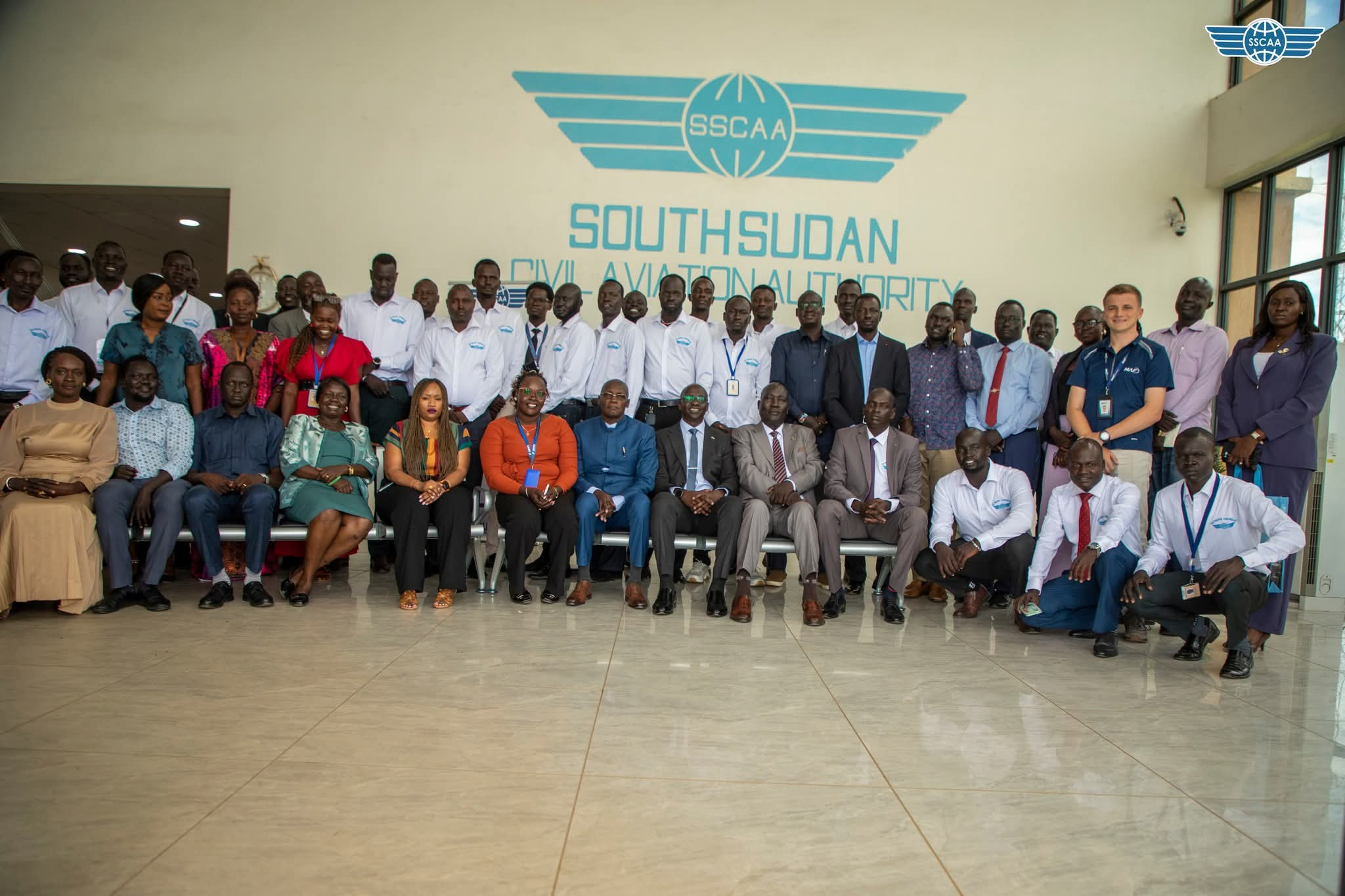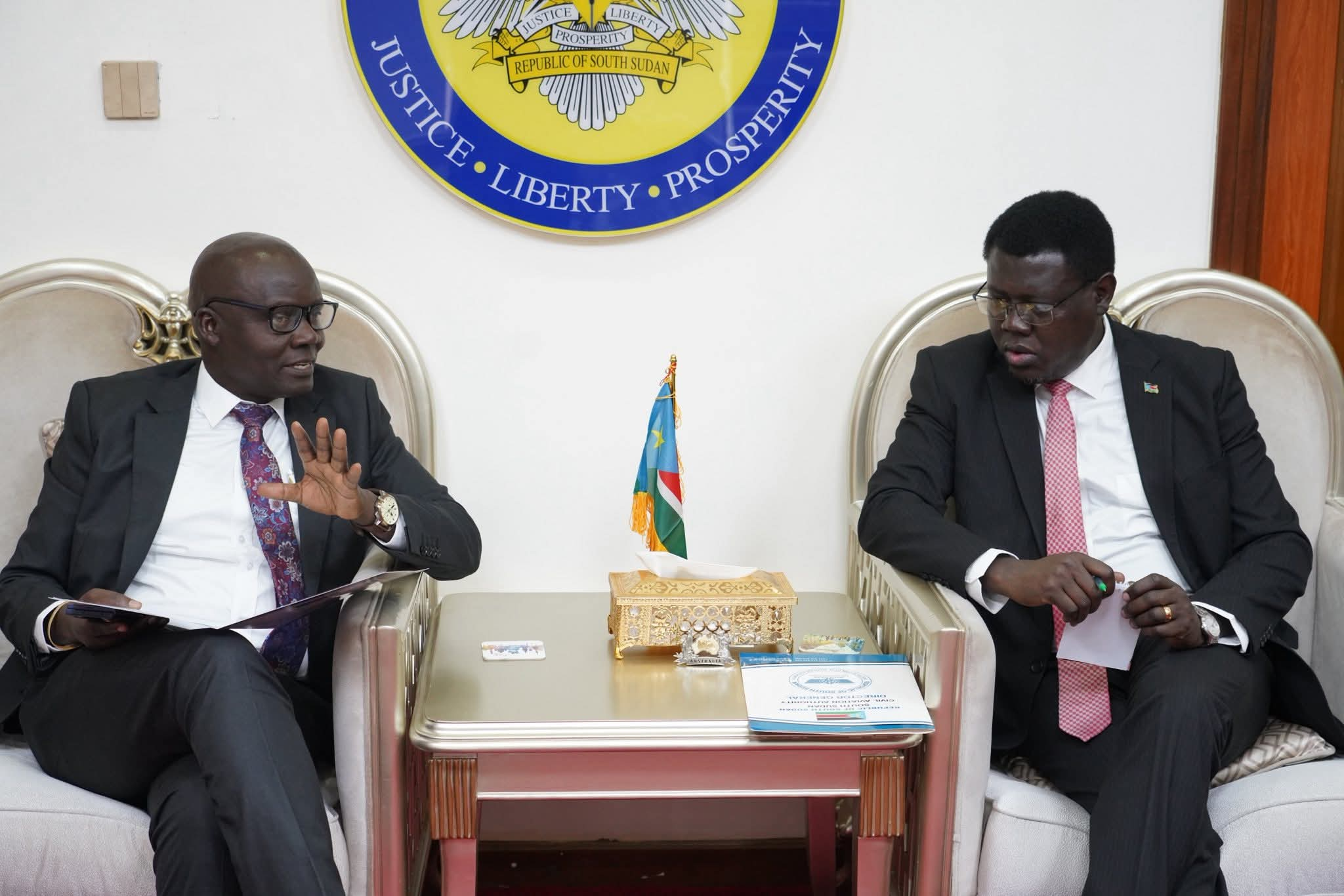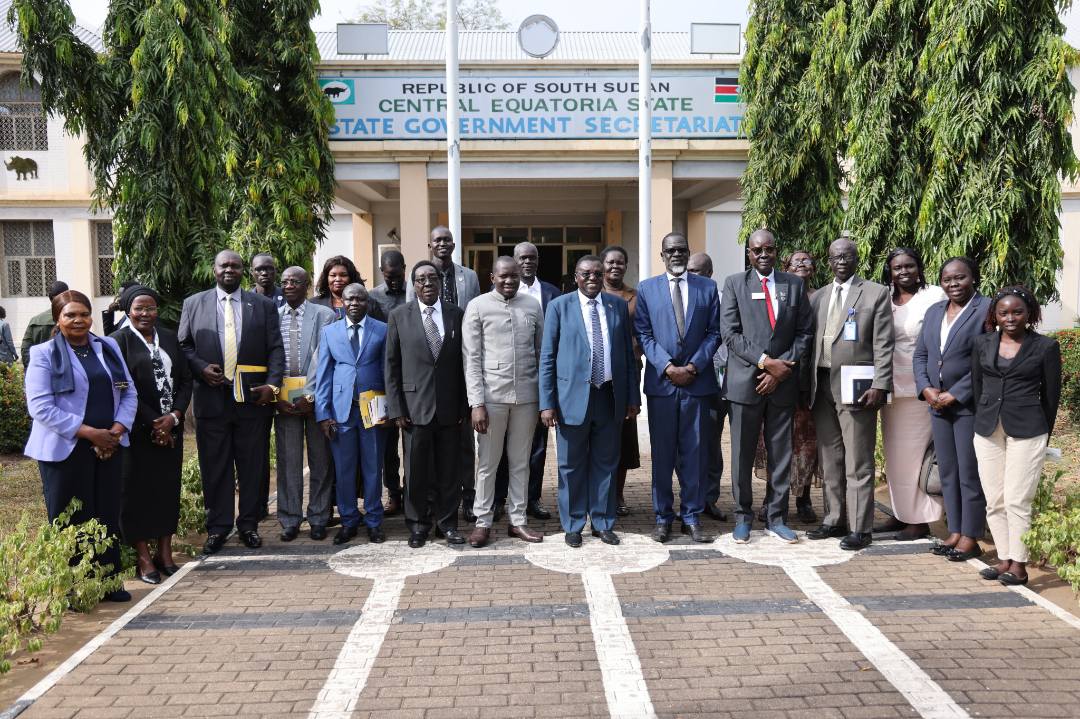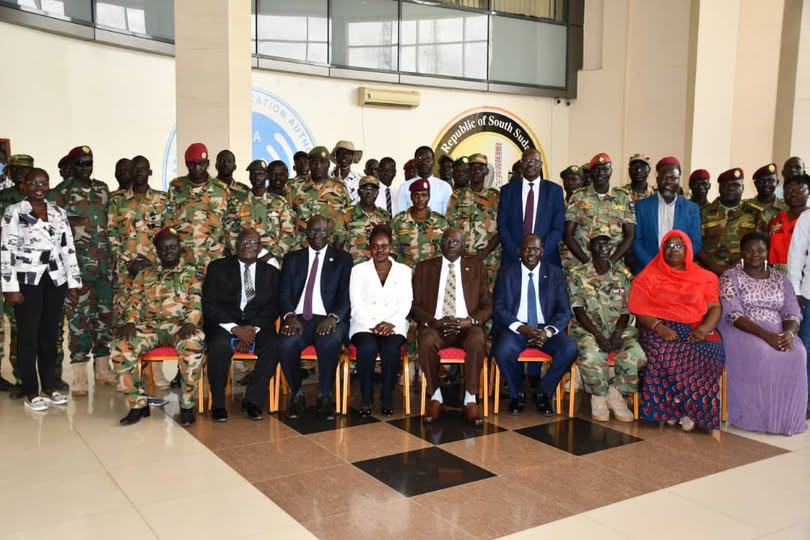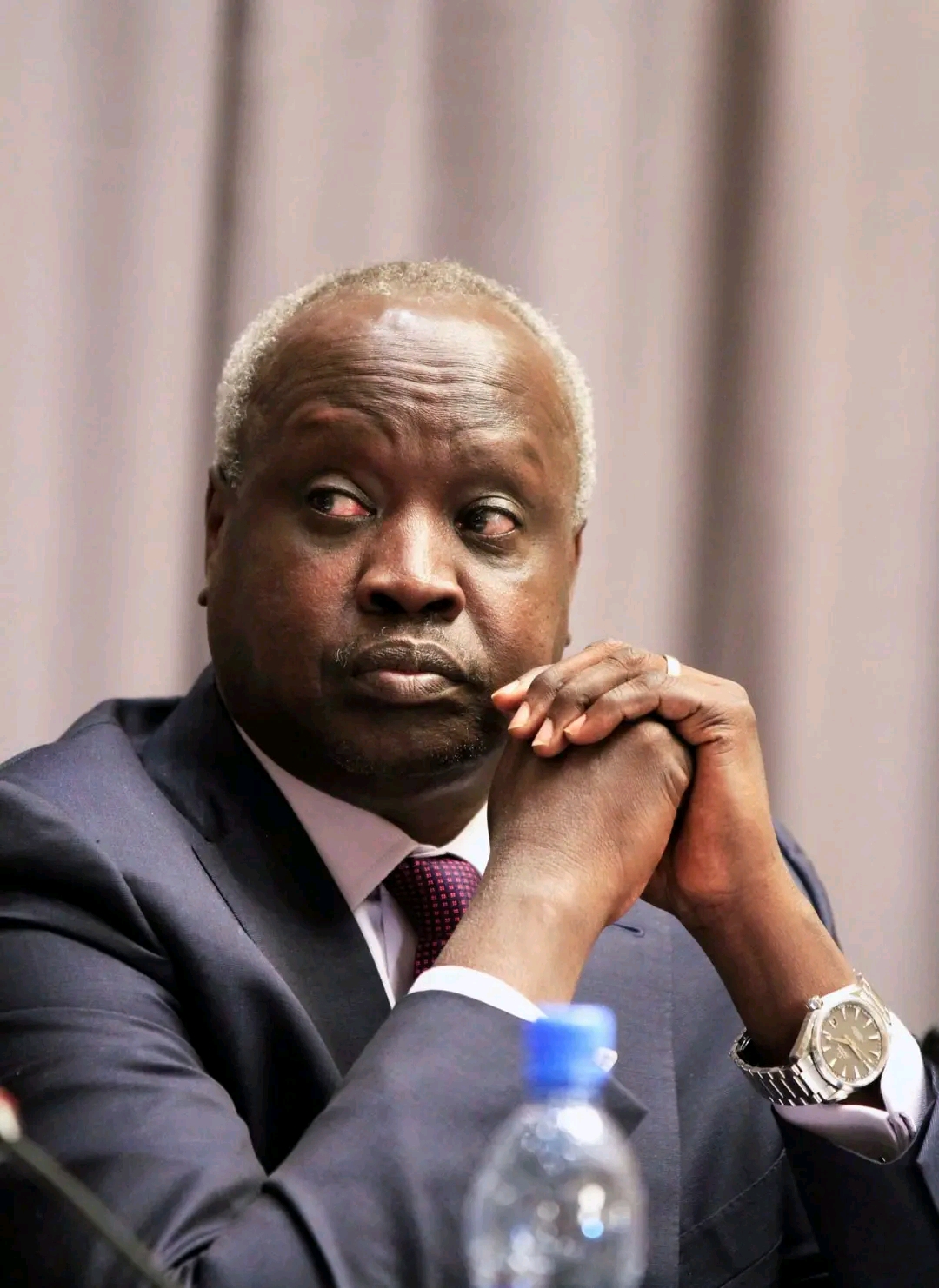
Report by: Al-Naeem Mubarak Kol
The Deputy Governor of #Upper Nile State, Deng Joh Angok, officially launched an anti-blindness campaign at Malakal Civil Hospital. This initiative is being implemented by Cure Plains in partnership with the Catholic Church and the State Government.
The campaign aims to treat 3,000 cases from various parts of the state and will run for 19 days.
In his speech, Deng Joh Angok praised the collaborative efforts between Cure Plains and the Catholic Church, emphasizing the importance of partnerships in delivering essential healthcare services.
This initiative represents a critical step in combating blindness and improving the quality of life for many citizens in Upper Nile State.
Global and Local Efforts to Combat Blindness
Blindness and visual impairment remain major global health challenges, with millions affected due to preventable or treatable conditions. According to the World Health Organization, 90% of vision loss cases occur in low- and middle-income countries, often caused by avoidable issues such as cataracts, trachoma, and retinal diseases.
A leading cause of treatable blindness, cataracts can be effectively addressed through simple surgeries that replace the clouded lens with an artificial one, restoring vision.
A common infectious disease in impoverished areas, it can be reduced through awareness campaigns, vaccination, and antibiotic treatments.
Conditions linked to aging and rising diabetes rates can cause vision loss if not treated promptly.
Organizations such as the World Health Organization, the Catholic Church, and Cure Plains lead efforts to eliminate preventable blindness through free eye screenings and surgeries in underserved areas.
In developing countries, collaborative projects, such as the Cure Plains initiative in South Sudan, are crucial for treating thousands of cases. Similar campaigns are conducted across Africa and Asia.
Technological Innovations:
Advances such as artificial intelligence and mobile eye screening tools play a significant role in early diagnosis and timely treatment of eye diseases
By combining international and local efforts, blindness cases can be significantly reduced, improving quality of life and economic productivity for affected individuals. Combating blindness remains a humanitarian and public health priority that requires continuous collaboration between governments, medical institutions, and charitable organizations to reach the most vulnerable communities.
This initiative is particularly vital for residents of Upper Nile State, offering hope and a better quality of life for many.

